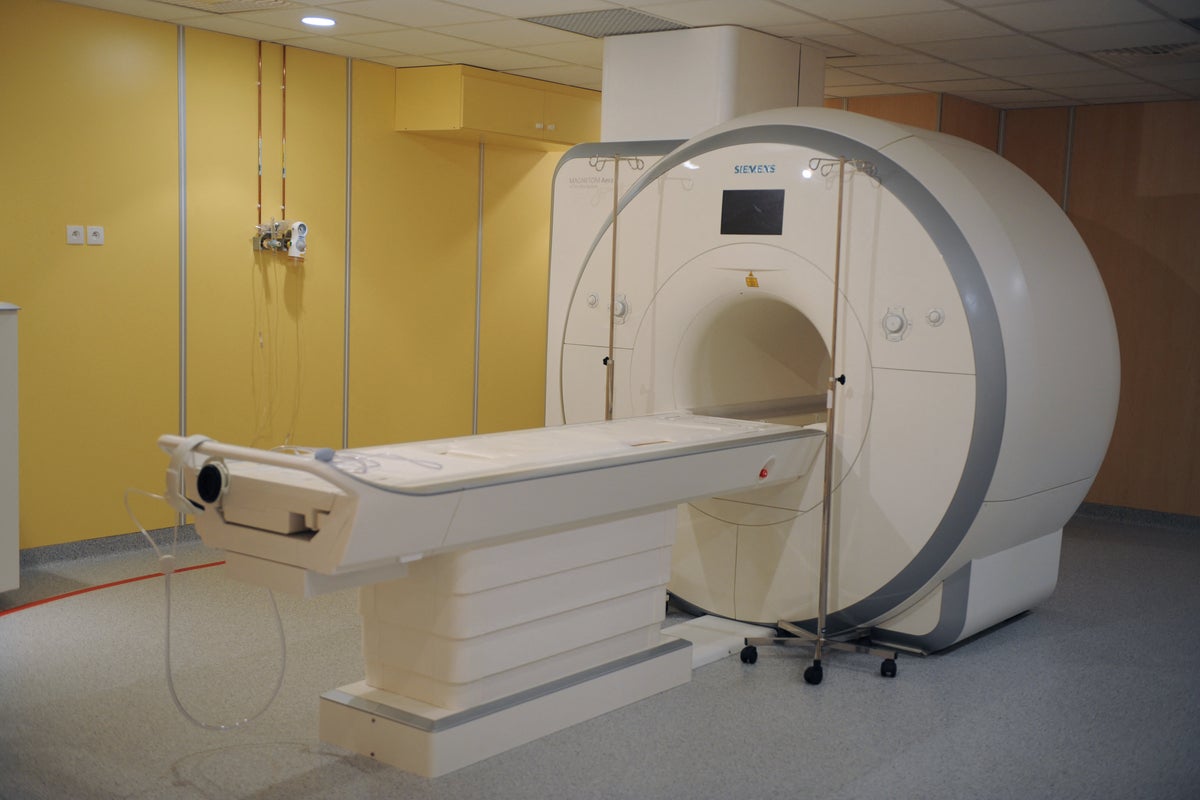Health reporter
 Getty Images
Getty ImagesMore than half of the overall NHS waiting list for non urgent treatment in England is made up of people of working age (19 to 64), the first official deep dive into inequalities in waiting lists has found.
The data shows, for those aged 18 to 64, waiting lists for gynaecology are the biggest.
And women make up a higher proportion of those waiting (57%), compared to men, in all cases where sex is recorded.
NHS England officials say the figures should help hospitals address “unfair waits” for planned care among the communities who wait the longest.
NHS trusts are being asked to use the data to understand and reduce inequalities faced by patients.
Patients in the poorest communities and those from Asian or Asian British backgrounds are more likely to wait longer than 18 weeks than any other group, the report says.
Some 3.1% of patients living in the most deprived areas were waiting more than 12 months to begin treatment at the end of June compared to 2.7% in the least deprived.
Figures show:
- 56% of the overall waiting list is made up of people aged 19 to 64
- a third of those waiting are aged 65 and over
- among over 65s, ophthalmology has the greatest backlog
- women are more likely to be waiting over 18 weeks for treatment than men
- women are also more likely than men to wait for more than 52 weeks
Health and Social Care Secretary, Wes Streeting, said: “Sunlight is the best disinfectant. Only by being upfront and shining a light on inequalities can we begin to tackle the problem.”
He added that the recently announced 10 year health plan would tackle health inequalities by diverting billions of pounds to working class communities, and provide targeted care to all patients where they live, via a neighbourhood health service.
These centres will be rolled out first in places where healthy life expectancy is lowest, including deindustrialised cities and coastal towns.
Gynaecology has had one of the worst waiting lists across the UK for a number of years.
Prof Ranee Thakar, president of the Royal College of Obstetricians and Gynaecologists, said: “At the moment, women in the most deprived areas face some of the longest waits, threatening to entrench existing health inequalities.
“Delays can lead to a need for more complex treatment and significantly impact women’s health, wellbeing, and daily lives.”
She added that it has been encouraging to see wait lists begin to fall in recent months, with NHS staff “working tirelessly” to deliver more appointments.



)